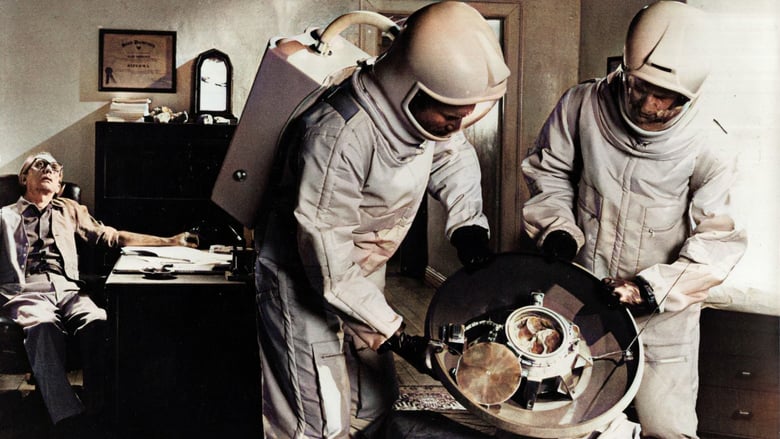


The Andromeda Strain was written (and adapted to film) two decades before Steven Spielberg’s Jurassic Park pushed the already successful novelist into the stratosphere. Its drama comes from its ideas rather than external, visceral thrills, and it trusts the audience to follow along through long stretches of scientists looking at screens and talking about lab results. Based on a novel by Michael Crichton (more on that in a second), it is audaciously uncinematic. Within such a context, Robert Wise’s The Andromeda Strain stands out less for how much of an impression it made on me at the time and more for how well it stood up when I revisited it. Miller are both decent films that also remind me of the paucity of good roles for women in this time period who don’t want to play prostitutes. With each passing year, Dirty Harry feels less like a guilty pleasure and more like a former pleasure I feel guilty about. The Academy Award winner, The French Connection, seems happy enough to have Popeye Doyle bandy about the N-word to show he (and it) is gritty. Kubrick’s A Clockwork Orange is at least about the violence it depicts, though as time goes by, it looks less and less like a cautionary tale and more like an excuse to shock the senses.

There is a crude excess to their depiction of violence that is perhaps less intrinsically offensive than some of the desensitizing hyper-violence of the 90s and beyond but which nevertheless feels gratuitous, as though filmmakers have been freed from some restraints and are overcompensating, if not outright reveling. While 1971 was not as devoid of more traditional choices as 1970, rifling through the most esteemed and popular films of that year did little to change my impression that this period’s films have not worn well. I promised myself I would limit myself to no more than one paragraph about the films I didn’t pick.


 0 kommentar(er)
0 kommentar(er)
